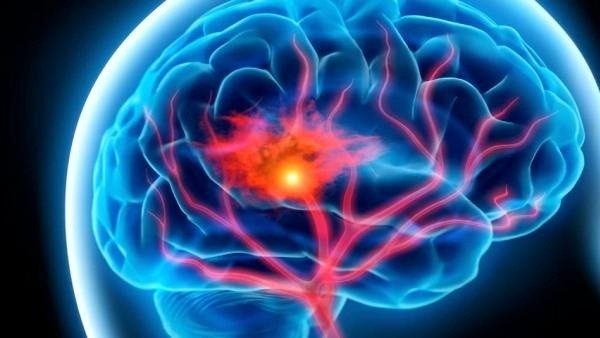People that are over 65 years of age that cannot balance on one leg for at least 20 seconds are at higher risks of already having brain damage that can lead to stroke, lowered cognitive ability, and increased potential for falls. Dr. Yasuharu Tabara, associate professor at the Center for Genomic Medicine at Kyoto University Graduate School of Medicine in Kyoto, Japan, and colleagues are the first to discover the efficacy of this simple test in predicting common causes of stroke and brain damage.
The study examined the ability of people over 67 years of age to stand on one foot for at least 60 seconds. The participants included 546 men and 841 women. Each participant’s brain was examined for common indications of stroke or potential stroke using magnetic resonance imaging. There was a very high correlation between the incidences of small strokes that had already occurred in people that could not stand on one leg for more than 20 seconds.
The participants that had evidence of two small strokes and those that had evidence of two small bleeding lesions in their brain were not able to stand on one leg for more than 20 seconds. The simple test was at minimum 45 percent accurate in predicting the existence of brain damage that had occurred due to small strokes. The test provides physicians with a simple test that can demonstrate if a person has suffered a stroke without any complicated procedures.
The researchers contend that this simple test can prevent people that have had a small stroke from experiencing a devastating stroke. The evidence from the balancing test could be confirmed by MRI and appropriate therapy could be administered to prevent strokes. The study also indicates that the potential for falling could be reduced significantly in older people.








